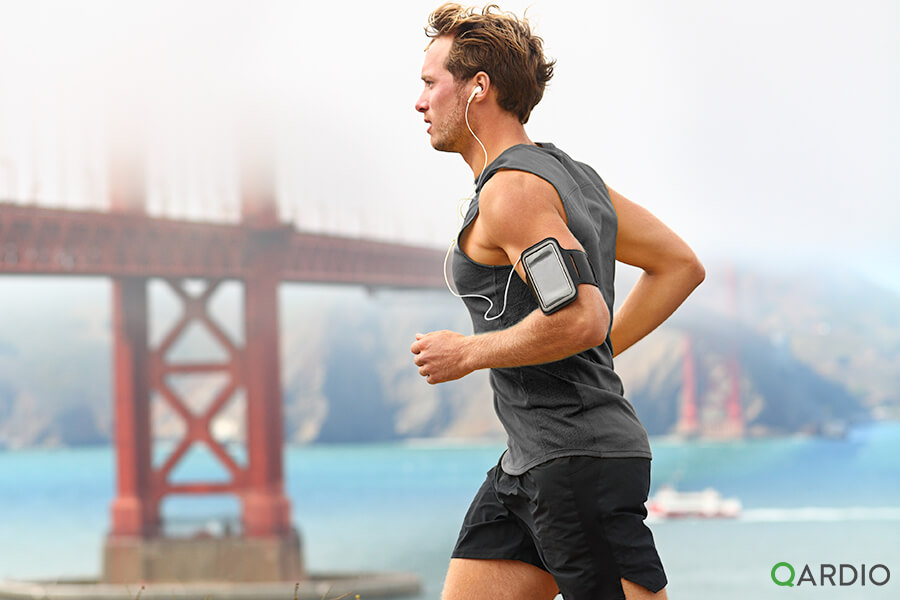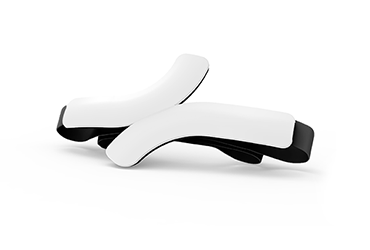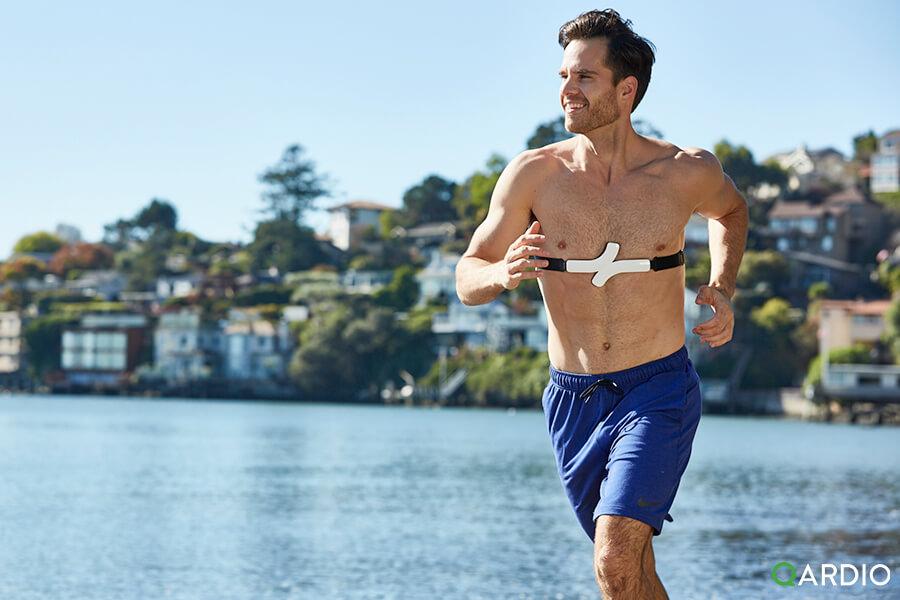Heart rate variability measures the changes in the time interval between your individual heart beats. For use in sports and athletic performance, heart rate variability is also a valuable metric to optimize training intensity. So what is heart rate variability used for in sports and training? Learn how to measure heart rate variability to improve your training and how to use such feedback to reach your maximum athletic performance potential. Below we highlight the main attributes, when it comes to using heart rate variability metrics in sports performance.
Determine your maximum potential
HRV can help determine if and when one is overtraining or not reaching their maximum potential. Tracking your training and making sure you don’t over do it important when it comes to competitive sports. If you don’t train enough, you might not be as prepared as you could be. But if you overtrain, you might lack the stamina and power on the day that matters. Knowing when and how to train is determined by accurately tracking your heart rate variability on the days leading up to a match, race, or other athletic event to ensure you are best prepared to compete.
Know the most and least adaptive days to train
HRV can inform you when you are more adaptive to training and when you are less adaptive, essentially telling you when to train harder and when to take it a bit easy. Heart rate variability is used in this way to tell you if you body is in the right setting to truly benefit from intensive training or, if that’s not the case, signal for you not to over-do it and potentially risk an injury or excessive tiredness as a result.
Predict the best and worse performance days
Heart rate variability can potentially predict the day when you are expected to perform better (or worse) by analyzing your heart performance and its effect on your whole body. Being able to understand how your body responds to your training through the effects on your performance and recovery helps to adjust your training load and optimize for reaching your maximum potential when it matters most.
Reflect recovery status
HRV pretty accurately reflects recovery status, which is important if you are training for a certain day or a period. In general, athletes prepare for a single race or an intensive season and use the given break to be at their optimal performance state: not overtrained but prepared to reach their best.
If you take your training seriously, the information reflected in heart rate variability measures is extremely valuable. If essentially gives athletes a competitive edge with the knowledge of his or her own potential and predictability of the day ideal to reach it. It is effective in both endurance and strength based sports and hence encompasses a wide range of sports such as running, cycling, swimming and more. To get accurate HRV values, a special heart rate monitor must be used, that is capable of tracing ECG/EKG signals. Thankfully, QardioCore offers such monitoring without the need for wires or patches, making it ultimate cardio monitor to deliver heart rate variability measures straight to your smartphone.
Sources:
National Center for Biotechnology




